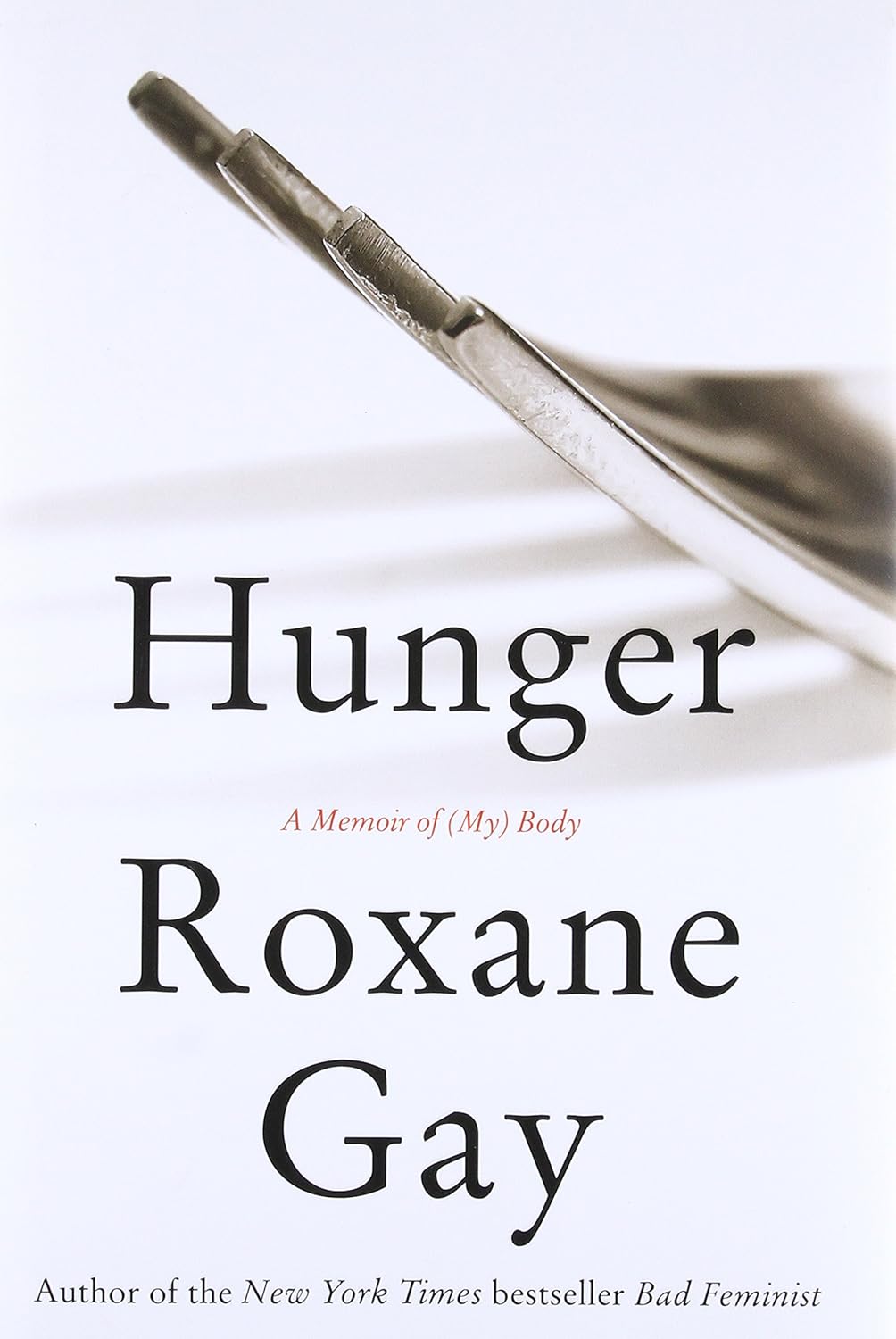TL;DR
In "Hunger: A Memoir of (My) Body," Roxane Gay candidly examines her struggles with food, body image, and trauma, exploring the complexities of self-acceptance and the pursuit of safety within her own body.
What is Hunger about
Roxane Gay's memoir "Hunger" is a deeply personal exploration of her relationship with food, weight, and self-image. Drawing from her life experiences, particularly a traumatic incident in her youth, Gay reflects on the societal pressures on women regarding body norms and self-worth. She discusses how her attempts to cope with trauma led her to seek safety in her body by overeating, creating a dichotomy between desire and denial. In this memoir, Gay reveals her journey towards understanding her body and her hunger for love, acceptance, and satisfaction.
Hunger 5 Key Takeaways
The impact of trauma on body image
Gay shares how a traumatic event in her past influenced her perception of her body and her relationship with food, demonstrating the interplay between psychological experiences and physical self-image.
Societal expectations and body standards
The memoir delves into societal pressures on women regarding their bodies, highlighting how these expectations can lead to feelings of inadequacy and the desire to conform.
Self-acceptance and care
Gay emphasizes the importance of self-care and learning to accept one's body, advocating for a relationship with food and oneself that is rooted in love rather than judgement.
The complexity of hunger
Hunger is portrayed not just as a physical need but as a metaphor for emotional and psychological desires, exploring how various hungers can manifest in one’s life.
Vulnerability and honesty
The memoir's strength lies in Gay's raw honesty and vulnerability, which allows readers to connect with her struggles and insights on a personal level.
Top Hunger Quotes
- "I ate and ate in the hopes that if I made myself big, my body would be safe."
- "My body is not a reflection of my worth, but a part of my existence, deserving of love and care."
Who should read Hunger?
This memoir is ideal for readers interested in personal narratives that explore themes of trauma, body image, and self-acceptance. Those who have faced similar struggles will find resonance in Gay's honest reflections, while others can gain valuable insights into the societal pressures surrounding body norms and the importance of compassionate self-care.
Hunger Best Reviews
- "A profound exploration of the complexities of the human body and the emotions tied to it. Gay's courage in sharing her story is nothing short of inspiring." - The New York Times
- "Hunger is a powerful narrative that challenges societal norms and invites readers to reflect on their own relationships with food and body image." - The Guardian
People also liked these summaries
Hunger FAQs
What are the main themes in "Hunger"?
The main themes include the impact of trauma on body image, societal expectations of beauty, self-acceptance, and the complexities of hunger both physical and emotional.
Why is this memoir impactful?
The memoir is impactful because of Gay's candid and vulnerable storytelling, which resonates with many readers facing their own challenges with body image and self-worth.


